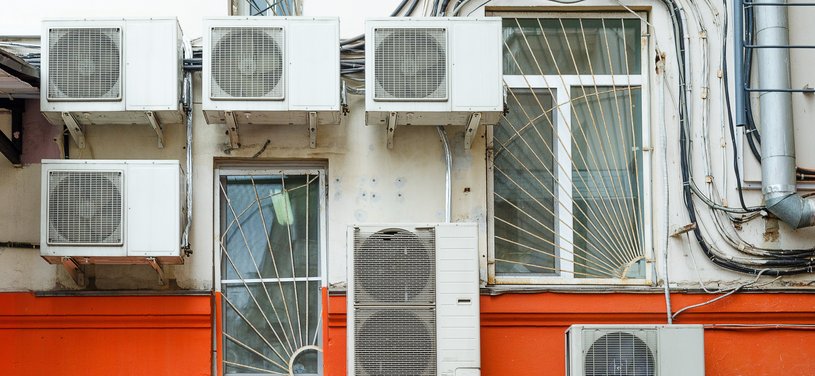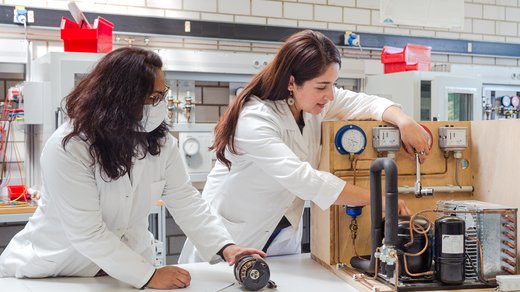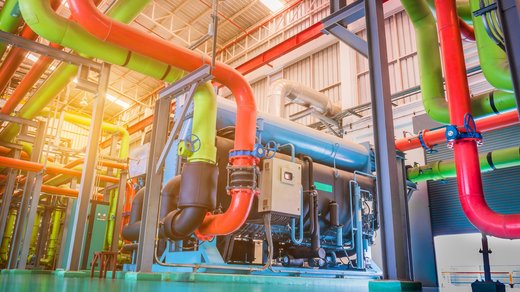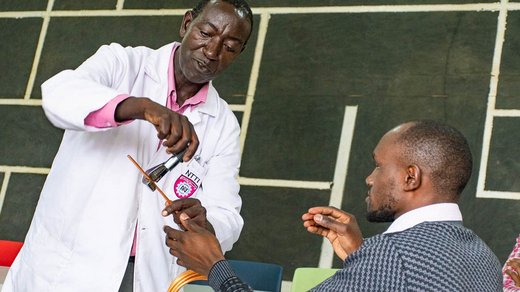Cool Contributions fighting Climate Change II (C4 II)
 Image: Shutterstock
Image: ShutterstockCommissioned by: German Federal Ministry for the Environment, Nature Conservation, Nuclear Safety and Consumer Protection (BMUV)
Partner countries: Costa Rica, Grenada, the Philippines
Objective
The objective of the project is to foster sustainable development of the RAC sector by strengthening the competence of key actors and improving related structures. C4 II adapts existing methodologies and develops new tools for replication in other countries, promoting the transformation towards sustainable cooling. Increased ambition triggered by sector specific NDC implementation plans is expected to unlock enormous GHG reduction potential.
Country specific objective
Cooperation with the three partner countries is twofold: Firstly, the countries will be supported in advancing and implementing the cooling strategies developed with C4 I assistance. Secondly, all three countries will serve as valuable sources of knowledge on cooling strategies, policy approaches and green cooling technology demonstration, which is highly relevant for an increasing number of third countries.
Approach
A sustainable approach enabling a strong multiplier effect lies at the core of the project. Best practices and instruments developed in C4 I are to be made available to other countries for replication in blueprints and guidelines. This includes, for instance, a blueprint on sector-specific NDCs or a roadmap for the introduction of Minimum Energy Performance Standards. Proven approaches are to be systematically transferred to other regions, which in turn will increase awareness of Green Cooling.




